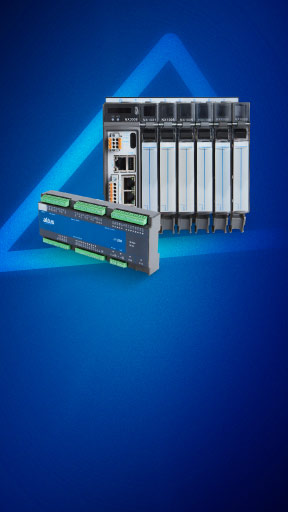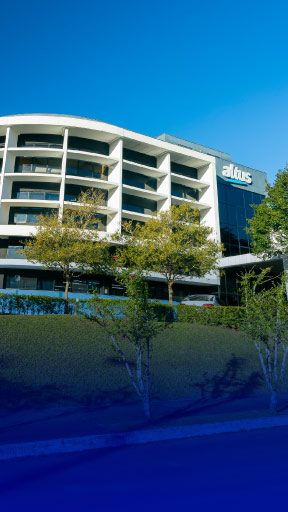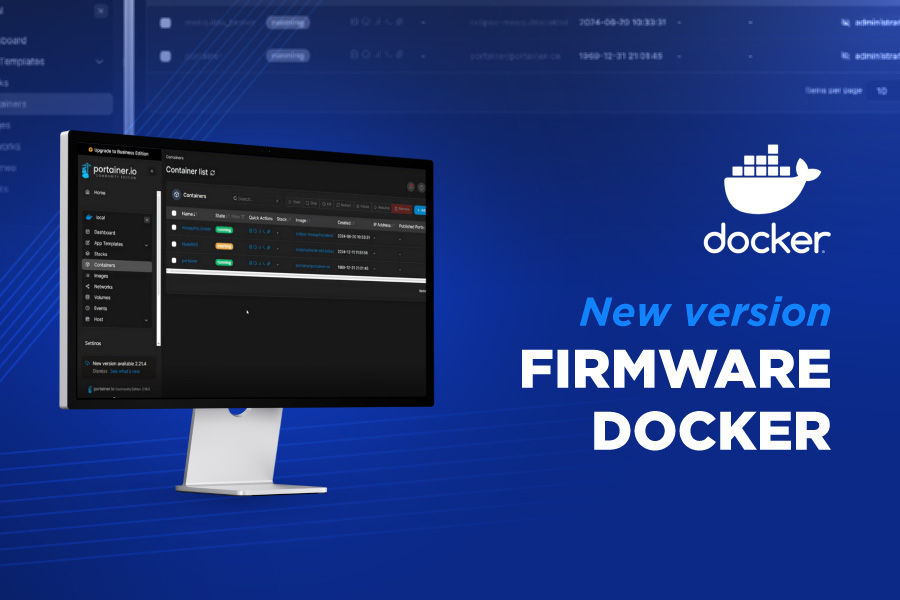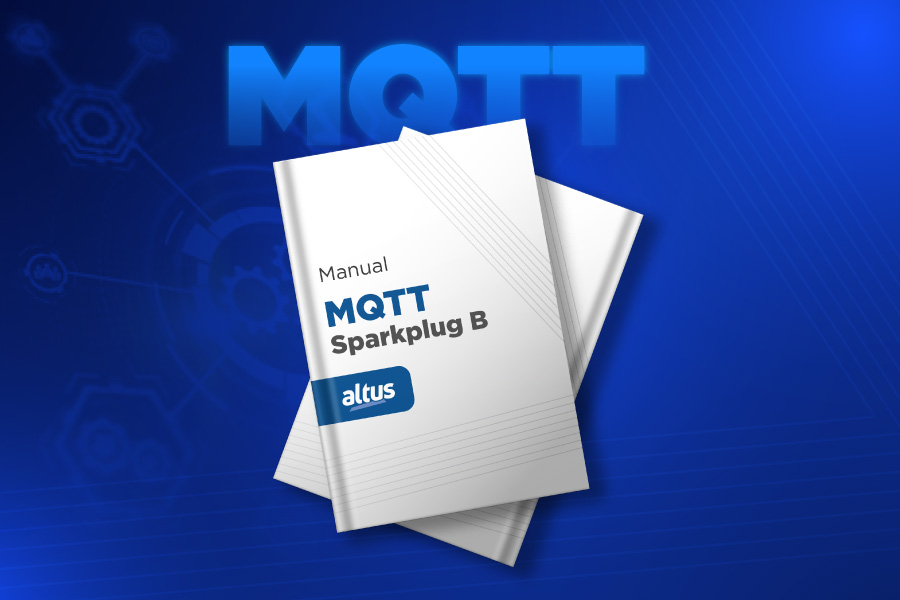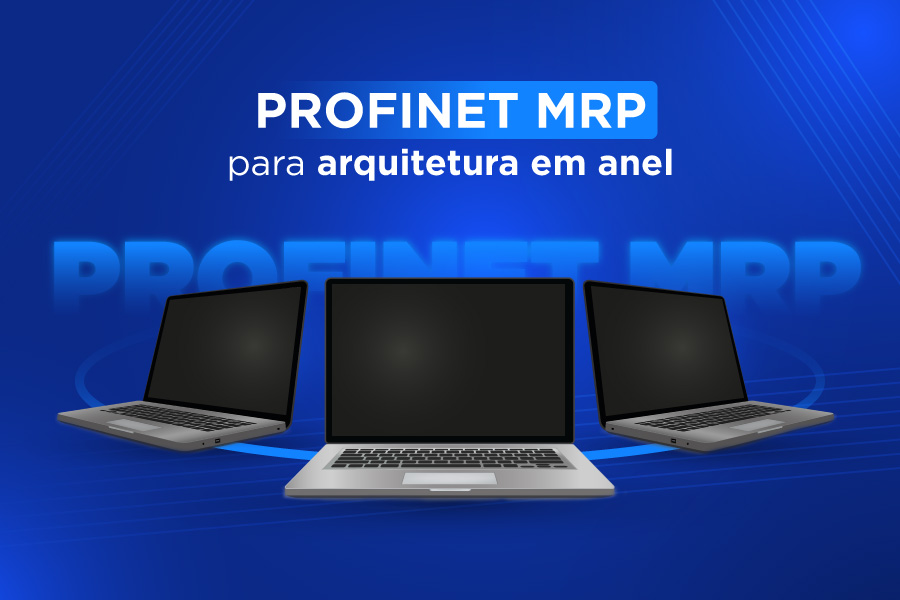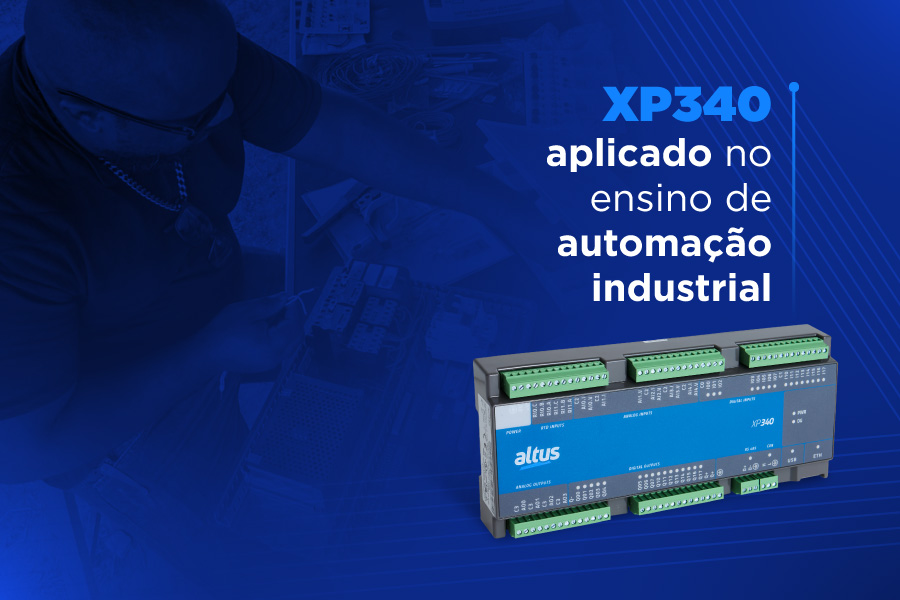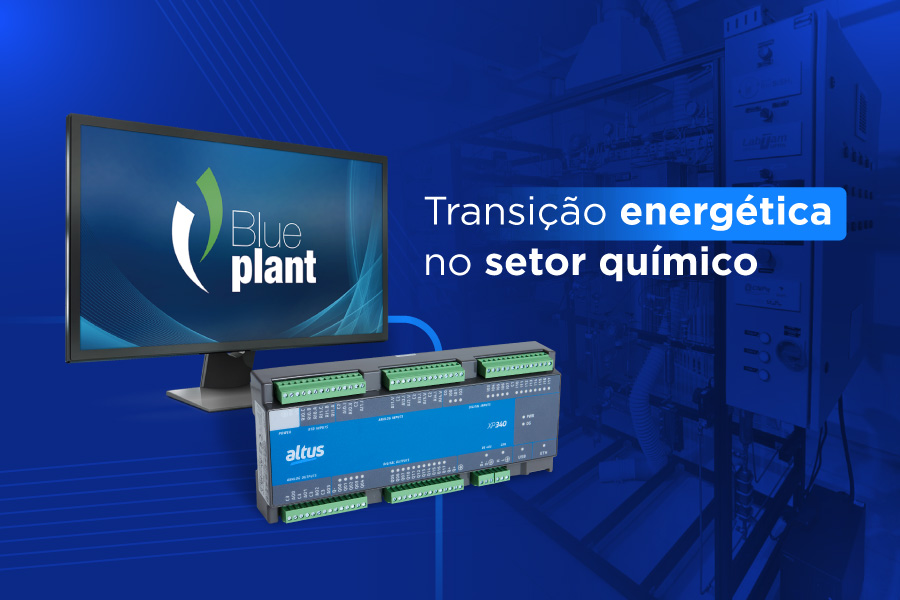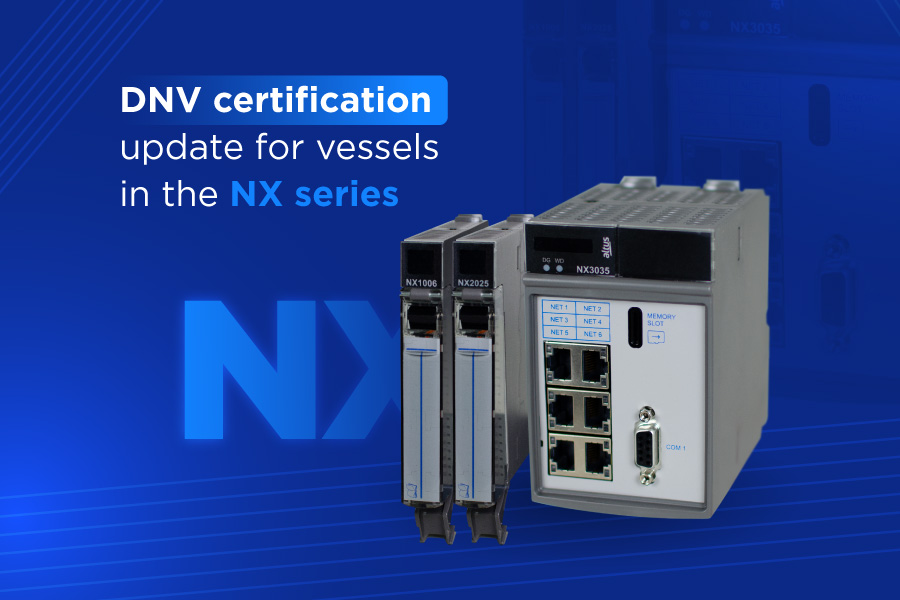The new Docker firmware update on the NX3008 CPU is now available for download!
The industrial automation landscape is driven by growing demands for agility, real-time data processing, and operational intelligence with rugged, adaptable, and high-performance control solutions. Companies seek systems that not only optimize current production but are also prepared for the innovations of the future, where the ability to process data at the source and react at the right time is fundamental for competitiveness.
In this dynamic context, Altus has just released a new firmware update for Docker on our renowned NX3008 CPU, reinforcing Altus's commitment to continuous innovation. This new firmware version offers more operational stability, accelerated application performance, and expanded data management capabilities, thanks to external storage support. By focusing on these critical areas, we ensure that the NX3008 continues to be the ideal choice for demanding industrial environments as a tool for companies looking to lead in digital transformation.
Main improvements of the update:
- – Greater stability: this new version features a significant improvement in resource management (CPU and memory) by Docker, which, together with the application of a memory limit for containers (detailed in the CPU User Manual), ensures a much more stable and reliable operation. Thus, the PLC's control function remains intact and protected against any issues in container execution.
- – Better performance: optimizations were made to the Linux operating system embedded in the CPU that allow the Docker engine to run more efficiently, resulting in better performance in container execution.
- – External storage support: support was added for containers to have access to external storage devices, such as memory cards or USB.
Learn more: How can Docker simplify your applications?
NX3008: a global CPU for smart automation
The NX3008 CPU.an integral part of the Nexto System, is recognized for its ability to manage complex industrial systems and critical processes, designed to offer ruggedness and advanced technology, from small machines to large production lines.
The NX3008's architecture is based on technical fundamentals that enable it as a cutting-edge device for edge computing:
- – Processor: equipped with a powerful 64-bit and 1 GHz ARM processor, the NX3008 is designed for high-speed processing, which is crucial for the execution of multiple Docker containers and for real-time data. The processor's efficiency enables the CPU to respond quickly to environmental demands, ensuring the fluidity and precision of operations.
- – Interfaces: the NX3008 offers a set of connectivity options, including three Ethernet interfaces, a Micro SD card interface, and a USB 2.0 host interface. The versatility of the connections facilitates communication with other devices, supervisory systems, and data storage.
- – Memory: the 4 gigabytes of memory dedicated to Docker on the NX3008, combined with the new external storage support introduced by the firmware, enables increasingly complex and data-intensive applications directly at the network's edge with the local execution of machine learning, extensive data logging, and the possibility of implementing more sophisticated custom solutions, reducing dependence on cloud connectivity.
See how to install the Docker firmware on the NX3008
Advanced resources for connectivity and cybersecurity
The NX3008 brings together a rugged combination of functionalities aimed at improving connectivity, virtualization and, most importantly, cybersecurityAmong these resources, the embedded VPN stands out, which establishes a private and direct communication tunnel with the CPU. In addition to this, the integrated firewall reinforces protection against unauthorized access and potential cyber threats.
The CPU has an RS-485 port and a CAN type port, for connection to field networks, a USB interface for connecting with modems, and a MicroSD memory card for data storage. The equipment also offers support for multiple communication protocols, such as PROFINET (with and without MRP), MODBUS RTU and TCP, EtherNet/IP, IEC 60870-5-104, EtherCAT Master, OPC UA and DA, MQTT, CANOpen, J-1939, SNTP, and SNMP.
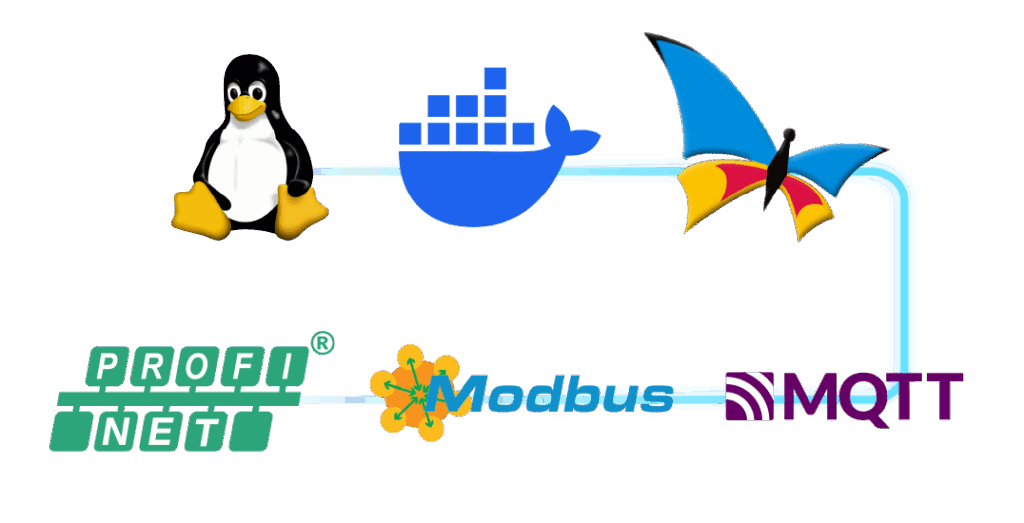
Integration with FTP connections is also a differentiator, allowing the CPU to communicate with servers for data exchange. With this, information such as records generated by datalogger functions can be accessed remotely, optimizing the monitoring and analysis of operational data.
Docker for edge computing
The traditional centralized cloud model for data processing, although powerful, is increasingly complemented by a well-known distributed approach, edge computing. In addition, Docker emerges as the ideal technology to facilitate this evolution, creating an environment of greater efficiency and agility.
Docker is an open-source platform for deploying applications by "packaging" software and its dependencies into lightweight, isolated units called containers. The essence of containers lies in their ability to encapsulate everything an application needs to run—code, libraries, environment variables, and other configurations—ensuring that it works consistently in any environment, from development to deployment, with the main benefits being:
- – Portability: containerized applications are highly portable, which means they can be executed consistently in any environment, whether on a developer's laptop, on physical or virtual machines in a data center, in cloud providers, or in a mix of environments, regardless of the infrastructure. Containers operate in isolation from each other, minimizing conflicts between applications.
- – Resource optimization: containers are lightweight and efficient, sharing the host operating system's kernel, which results in a significantly lower resource consumption compared to traditional virtual machines. This efficiency allows more workloads to be executed on the same hardware, optimizing server capacity utilization.
- – Low latency: essential for real-time control, autonomous systems, and immediate responses to operational changes, avoiding delays that can be costly in industrial environments.
- – Greater reliability: local data processing ensures operational continuity even when central network connectivity is intermittent, minimizing the risk of downtime.
- – Reinforced security: the location of data processing within isolated containers reduces exposure to broad network vulnerabilities, enhancing data integrity and system protection.
- – Flexibility and scalability: the rapid deployment and updating of applications on distributed edge devices allow for agile adaptation to constantly evolving operational needs.
Learn how to install a container
We invite all users of the NX3008 CPU to download and install the new firmware version to take full advantage of its potential in their applications. To do so, just click here.
For complete details on configuring memory limits for containers and the optimized use of external storage, consult the NX3008 User Manual that you can download here. In it, you will find the technical guidelines necessary to ensure a correct and efficient implementation of these functionalities
You can also check all the details of these improvements in the software's revision history by accessing the link available here.
We also recommend that you explore other Altus resources, such as articles on Docker and edge computing and YouTube videos. This continuous deepening of knowledge will help maximize the potential of the NX3008 and will allow you to explore the platform's advanced capabilities to the fullest.
